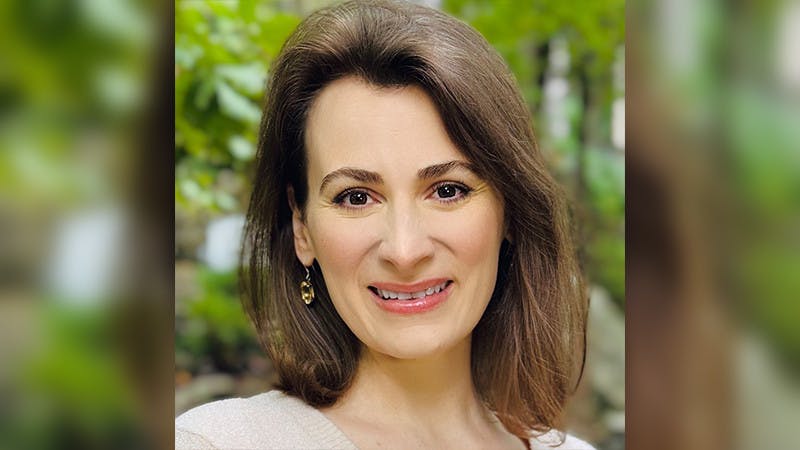Before I had finished my first week as a graduate student at Penn, the front page of The Daily Pennsylvanian featured a story on the issue of campus mental health, a topic also discussed during freshman convocation. As I read through the article, I had a flashback to my early days at Harvard. It seemed strange to me then to listen to upperclassmen talk — though bravely — about mental health issues they had been facing. I could not imagine that such problems would exist in an Ivy League environment, which I believed promoted a balance between academic excellence and physical and mental health.
Soon, upon facing countless sacrifices and brutal all-nighters, I found myself battling with problems I never thought I would encounter. The main issues I faced were a form of light depression and a periodic inclination towards self-destructive behaviors. Thankfully, their influence in my life was limited. Through the combination of support from family and friends and strength of will, I was able to overcome them, suffering only minimal damage. What about the people who are severely affected by such problems and cannot easily overcome them though?
I recently read on the front page of the DP that “six students committed suicide within 15 months.” It seems that Penn is trying to make students aware of the help available to them through Counseling and Psychological Services and is urging students to seek out that help.
Suicide rates are high across the Ivy League schools, with Cornell at the top of the list. According to The Cornell Daily Sun, the university has spent “$575,000 on suicide response so far.” It is alarming that almost two-thirds of this amount was spent toward “restriction means.”
Penn, like most of the other Ivy League schools, treats mental health issues as a problem that needs to be solved. Not once have I encountered an article, or a mental health specialist, that took a step back and tackled the problem at its foundations. No university spokesperson has ever questioned the intensity of the workload or the examination system, which, in my opinion, constitute the two primary factors in the development of mental health problems after students start attending an Ivy League school.
As far as the workload is concerned, a stroll through the Sept. 10 career fair would be enough to explain the source of such immense academic pressure. The list features corporations such as Goldman Sachs and JP Morgan, which boast 65- to 80-hour work weeks, with only minimal regulation in such forms as the “Saturday Rule” or “Weekend Protection” effective only since 2013. It seems that the top universities of the country are trying to prepare students for these demanding and highly competitive careers with similarly intense academic workloads.
A potential solution to this problem would be the creation of different tracks of study for a single course, each with a different workload, fitting different students with distinct aspirations. This theory is put into practice (as far as the problem sets are concerned) in Computer Science 50, a course taught at both Harvard and Yale by professor David Malan. There is an urgent need for educational philosophy of this kind to be applied more broadly and extensively.
Even more than the workload, the examination system adds a severe amount of stress and contributes to the development of mental health problems. For graduate school courses, the midterm amounts to 30 percent of the grade, and the final counts for 40 percent. It allows no opportunity for a second chance. Here, I am not referring to a second chance to improve one’s grade. I mean a second chance to improve one’s understanding of the material, through a more humane examination system that would allow room for failure. After all, achieving a good grade when taking a test (covering the same material but with different questions) for a second or even a third time still shows that the student has a deep understanding of the material. Most importantly, the same outcome would be reached while putting students under less pressure than the existing examination system does.
The ever-expanding scope of mental health issues requires an educational system that can adapt to and respect students’ varying levels of endurance and tolerance to stress, while still promoting academic excellence.
The Daily Pennsylvanian is an independent, student-run newspaper. Please consider making a donation to support the coverage that shapes the University. Your generosity ensures a future of strong journalism at Penn.
DonatePlease note All comments are eligible for publication in The Daily Pennsylvanian.







